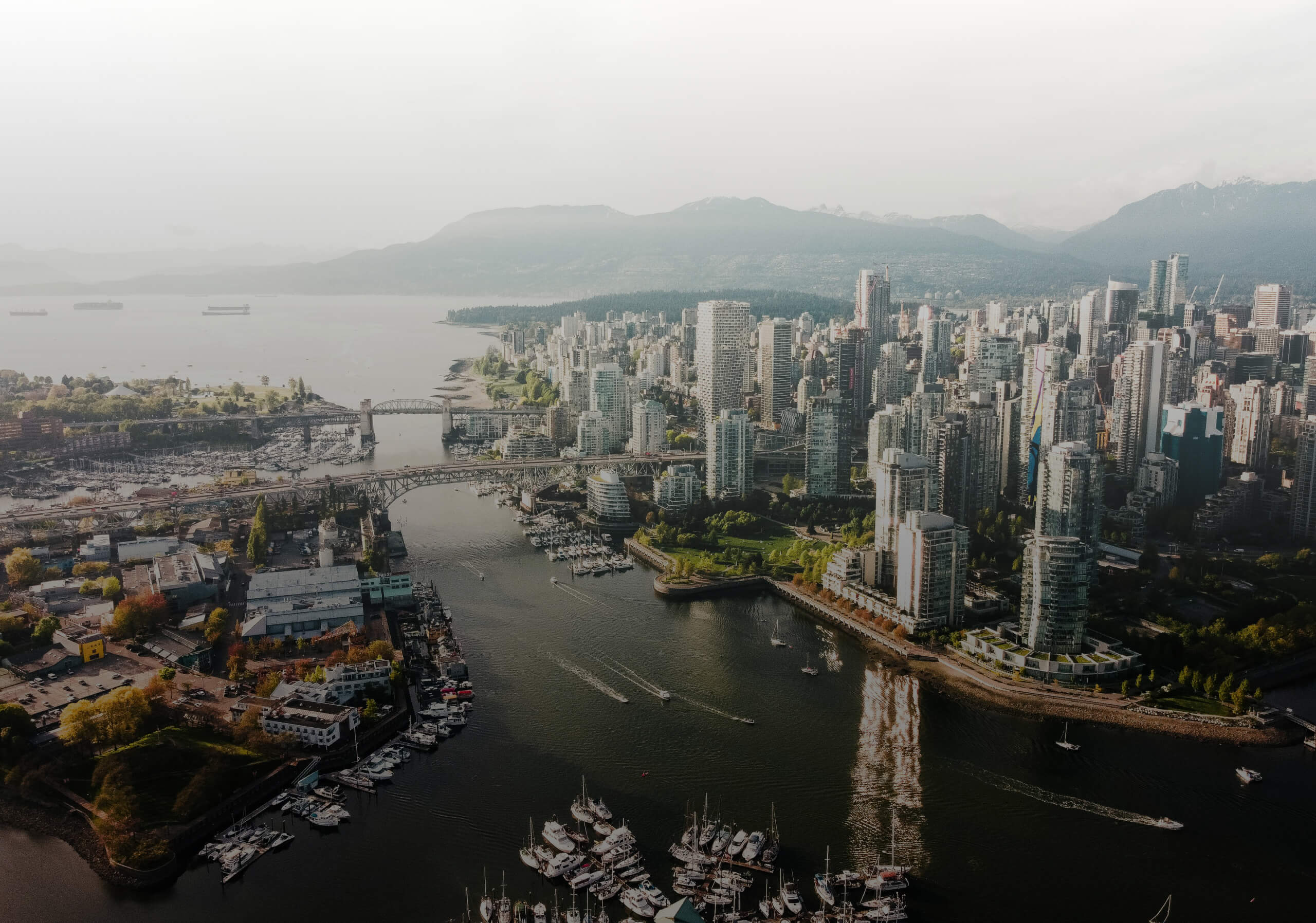Vancouver faces both a housing and a climate crisis, and the city cannot thrive without a healthy planet. In Vancouver, 57% of total emissions come from buildings, with impacts already visible in our daily lives–more frequent heatwaves, intensified wildfires, low snowpacks on our mountains, flash floods and landslides–all resulting in real financial impacts. In Canada, the summer of 2024 was ranked as the most destructive season in history, resulting in over $7 billion in insured losses from natural disasters and severe weather, including floods, fires and hailstorms.
As a real estate owner, developer and manager, Third Space acknowledges its role in the problem and is committed to innovating and delivering low-carbon spaces. To address this, they have created a data-driven, science-based roadmap and strategies, working with third-party specialists and engineers.
The Net Zero Transition Plan outlines the extensive analysis and work conducted across their entire portfolio to ensure they can hit their 2030 emission reduction goal, paving the way to net zero by 2050.
Although Third Space is privately held, they have chosen to share their Net Zero Transition Plan with other real estate developers and industry peers, supporting anyone considering a pathway to net zero, to amplify their impact together.
The work doesn’t stop with putting together the Net Zero Transition Plan–this is just the beginning. Third Space has already begun implementing these initiatives into their operations and new development planning.
Examples of the Net Zero Transition Plan in action:
- All new Third Space projects and buildings will be voluntarily zero carbon operations and 100% electric from the start. Additionally, all buildings will be fully submetered for heating, cooling, hot and cold water, and electricity.
- Currently under construction, the 4th and Macdonald project, a six-storey mixed-use rental building scheduled for completion in late 2025, used a concrete reduction strategy that resulted in 10 fewer fully-loaded concrete trucks needed to build the parkade, saving over 26,000 kg of CO2 emissions at no additional cost.
- Submeters for electricity, gas, and water were installed at 177 W 7th, enabling suite-level consumption data, an approach that has proven to enhance awareness of use and promote more efficient behaviours.
- Third Space plans to implement live dashboards in all new communities to showcase utility usage and emissions data at both building and suite levels, aiming to educate residents and foster sustainability-focused communities.
- In 2024, they launched a company-wide Planet Impact Program to educate staff and create opportunities and incentives for carbon-conscious actions.
- Each year, decarbonization goals are reassessed to align with the equipment replacement schedules across Third Space’s property portfolio, ensuring that they stay on track to meet operational emission targets.
“Our Net Zero Transition Plan isn’t just about committing to targets; it’s about taking a data-driven approach that gives us the confidence to achieve them. We’re not just reducing emissions – we’re also sharing our in-house developed strategy, along with every step we’re taking to get there,” says Leo Glaser, Director of Net Zero & Planet Impact at Third Space. “Like many others, I joined Third Space because I believe in our triple bottom line approach and that if we can succeed in reaching our goals, we not only help our planet and communities, but our strategies can help other organizations to follow our lead.”
To read the Net Zero Transition plan, please visit: https://thirdspace.docsend.com/view/3mzzih4xbczhhvgh
For more information, reach out to planet@third.space.
